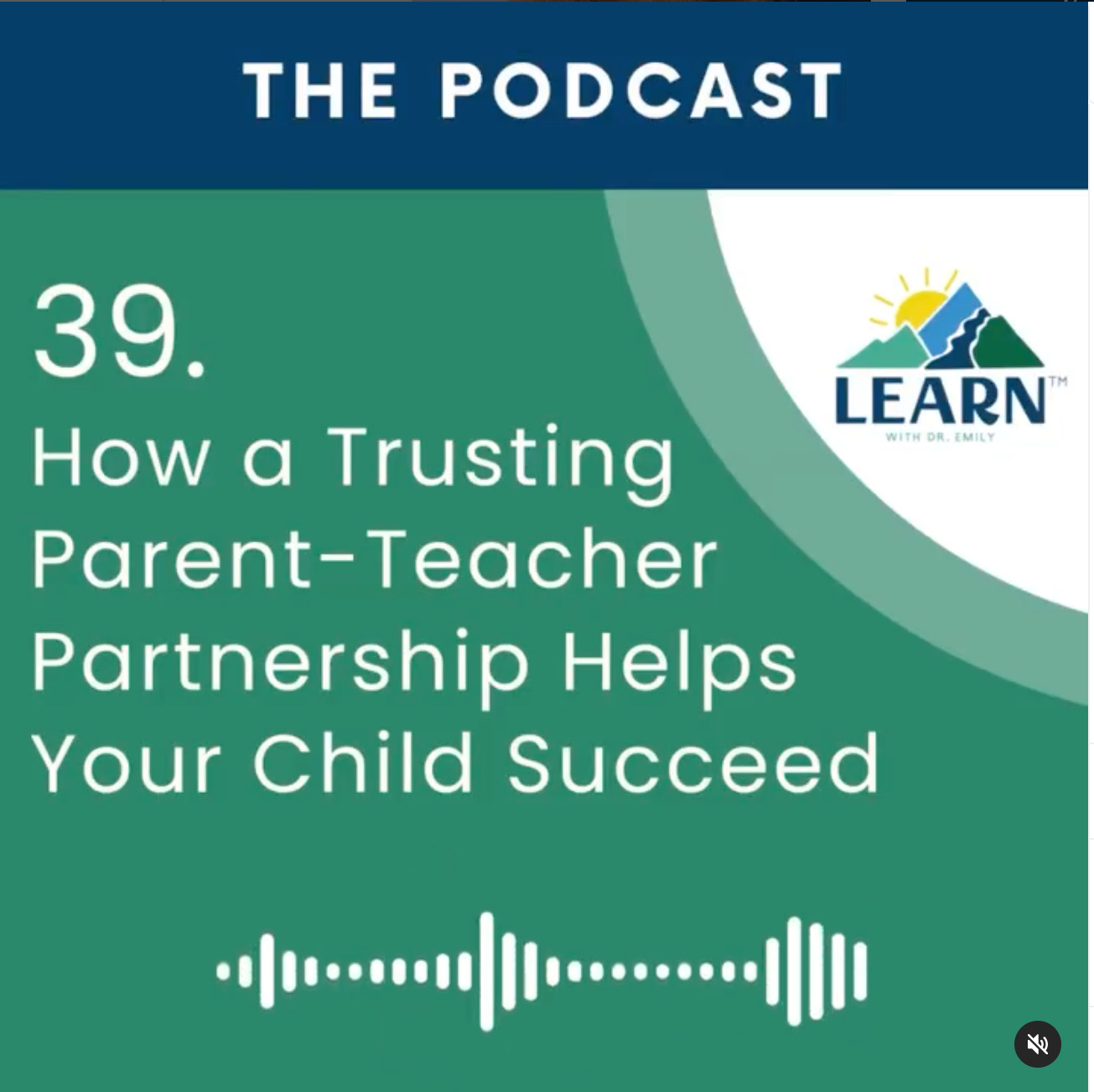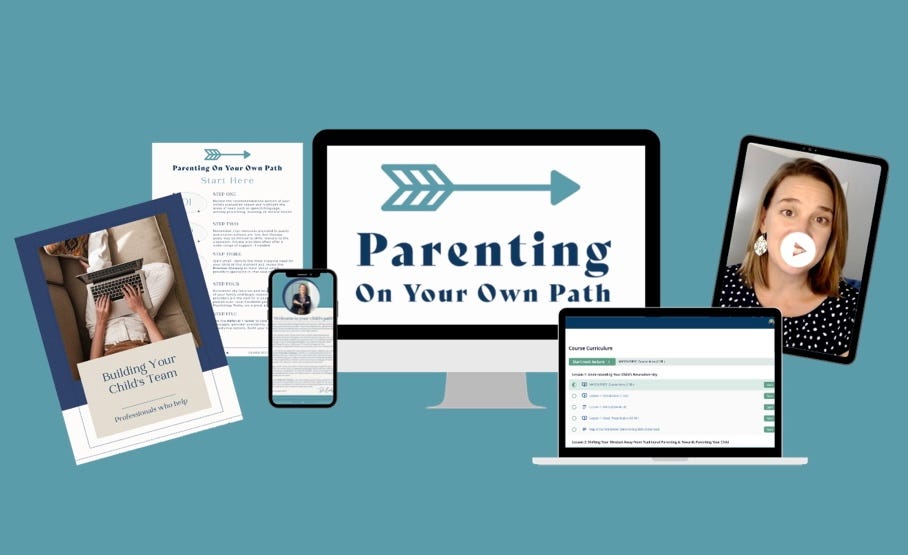Weekly Newsletter: Why School is Hard for Neurodivergent Students
+ resources for parents, bring Dr. Emily to your school, and more!
On the blog this week…
Why School is Hard for Neurodivergent Students

Over the years, more and more students are being educated in the “least restrictive environment” of the general education classroom and while this is a good thing for social-emotional and academic progress, we risk students being faced with expectations too high in some areas which can lead to stress responses otherwise known as negative classroom behavior.
Many teachers tell me they don’t know how to support these student behaviors. Elementary educators may have received one course in “classroom management” in their education program and that felt sufficient at the time. But now they understand that every single student needs something different to access the standardized curriculum and they feel they nearly have to become a magician with a degree in child psychology to help students get there.
In case you missed it..
"I'm so dumb!" Neurodivergence & Negative Self-Talk

One of the most heart-breaking things a parent can hear is a child being mean to themselves. Some children get so overwhelmed at times that they call themselves names, or even worse, hit themselves when they are upset. As adults, we can feel helpless in these moments and are quick to say something to negate our child’s statement like “Of course you’re not stupid” or “Don’t say that; it’s not true” But, responding with comments opposite of a child’s thoughts can feel dismissive and leave them feeling emotionally alone. In this blog, I walk you through what is happening for many of our kids in these moments and share a few ideas on how to support them.
On the podcast…
I have worked hard over the years to establish trusting relationships with my own children’s teachers, which has led to partnerships beyond what I could have imagined. I’ve helped many families I work with do the same.
I’ve also asked several public educators I trust to share their perspectives, which I share on today’s podcast. Perhaps something here can help you foster a partnership with your child’s teacher or speak to you as an educator about building stronger connections with parents.
For parents…
Neurodivergent Kids Don’t Come with a Roadmap, so I created one.
I understand how overwhelming it feels to learn that your child needs something different to succeed.
This online course is for parents whose child has been identified as autistic, ADHD, or twice-exceptional as well as those growing up with anxiety, learning disabilities, or sensory processing differences.
Everything included in this self-paced course is based on my most frequently-asked questions in my work with parents over the past 20 years.
For teachers…
Bring Dr. Emily to Your School!
You already know that student needs are complex. You’ve read books and taken other professional development courses to support your understanding of neurodiversity. But, you’re ready for more. You are excited about the opportunity to create a school culture where all students thrive.
Can’t Bring Dr. Emily to Your School…Yet?
Learn on your own with The Neurodiverse Classroom online course for educators. I created this course because every classroom is already a neurodiverse classroom.
You just need the tools to maintain your sanity while also connecting with every student to unlock their spark for learning!




